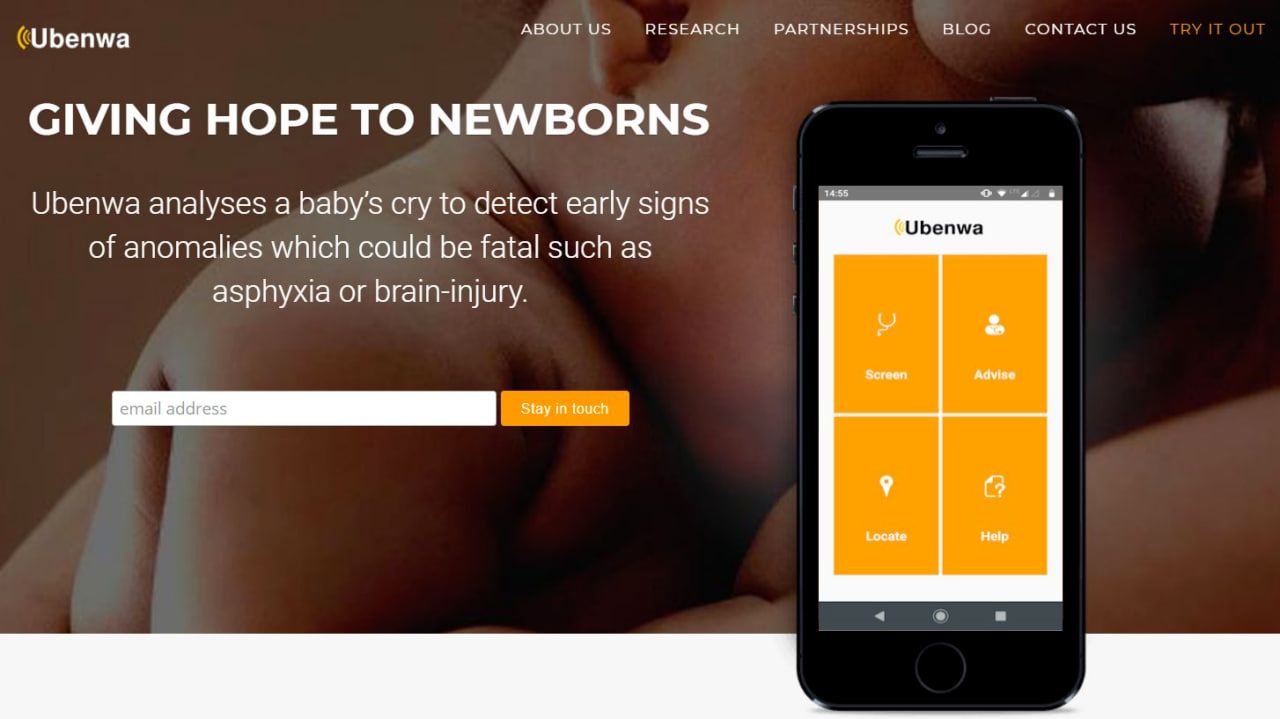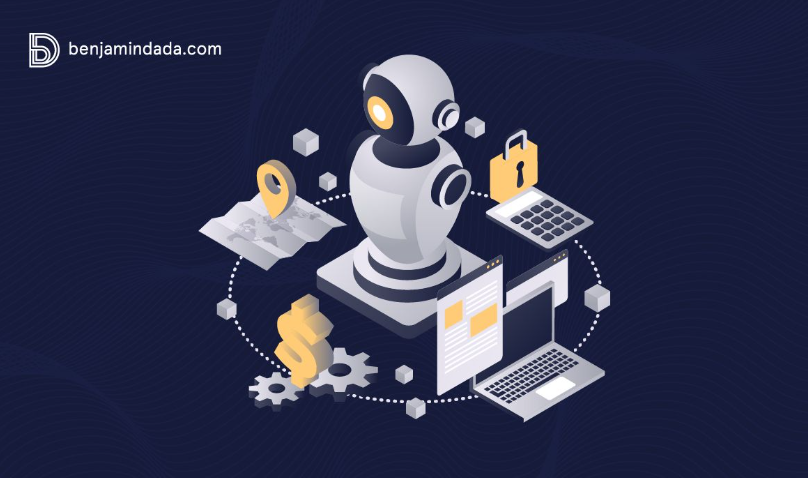Unless you have been living under a rock for a while, you must have heard about ChatGPT, Dawn AI, Copy AI and other AI tools that went viral in the closing months of 2022. We now live in a world where blog posts can be written in a few seconds, processes can be automated more efficiently, and companies can do more with less. All of these are possible thanks to AI, Artificial intelligence.
Artificial intelligence works by combining large amounts of data with fast, iterative processing and intelligent algorithms, allowing the software to learn automatically from patterns or features in the data.
AI is rapidly transforming the tech industry across the globe, and Africa is no exception. From improved healthcare and education to more efficient agriculture and transportation, AI is being leveraged to solve a wide range of problems and drive economic growth on the continent.
According to a report by the African Development Bank, Africa has the potential to become a leader in the adoption of AI due to its large youth population, growing middle class, and increasing access to mobile and internet technologies. However, there are also challenges to the widespread adoption of AI, including a lack of skilled professionals and a need for better infrastructure and regulation.
Challenges to the adoption of AI in Africa
Despite the significant potential of AI to drive economic growth and improve people’s lives in Africa, there are also challenges to the widespread adoption of this technology on the continent.
One of the main challenges is the lack of skilled professionals who are able to develop and implement AI-based solutions. According to a report by the African Development Bank, there is a significant shortage of AI professionals on the continent, with an estimated shortage of 300,000 skilled workers.
To address this shortage, there is a need for more investment in education and training programs that can help to build the skills and knowledge necessary to develop and implement AI-based solutions.
This includes providing opportunities for students and professionals to learn about AI and related technologies, as well as investing in research and development to drive innovation and advance the field.
Another challenge to the adoption of AI in Africa is the need for better infrastructure and regulation. In order for AI to be used effectively and responsibly, there is a need for robust and reliable internet and mobile networks, as well as clear and consistent regulations that govern the use of AI. Without these foundations in place, it will be difficult for African countries to fully capitalize on the potential of this technology.
Despite these challenges, the potential for AI to drive economic growth and improve people’s lives in Africa are significant. By investing in education and training, building the necessary infrastructure, and establishing clear and consistent regulations, the continent can harness the power of AI to drive innovation and progress on.
African startups powered by Artificial Intelligence
Like their counterparts across the globe, African startups are not left behind in finding use cases for artificial intelligence. Startups are deploying the technology to solve teeming problems on the continent.
These startups are deploying artificial intelligence to solve problems in healthcare, business, and marketing. Some of them have raised funds at different stages since they launched, which indicates they have either found a product-market fit or expanding their operations.
The startups are Ubenwa Health, AIfluence, GotBot, Synapse Analytics and Xineoh.
Ubenwa Health
Founded in 2017, Ubenwa fuse skills in engineering, artificial intelligence, and medical research to detect illnesses and diseases such as birth asphyxia. Birth asphyxia is one of the top three causes of infant mortality in the world. Ubenwa is an Igbo word which means the cry of a child.

Ubenwa uses artificial intelligence to take an infant’s cry as input, analyse the amplitude and frequency patterns in the cry, to provide an instant diagnosis of birth asphyxia. The startup founded by Charles Onu raised $2,500,000 in 2022.
AIfluence
AIfluence’s advanced algorithms power influencer discovery and evaluation, campaign management and performance measurement for both organic and paid influencer marketing campaigns.
The Nairobi based platform solves the major pain point experienced by most marketers in influencer marketing by accurately predicting and delivering measurable ROI on every campaign. The AI-powered influencer marketing platform raised $1million in 2021.
AIfluence was founded by Nelson Aseka, Lamusia Anzaya and Ankit Jindal in 2019.
GotBot
GotBot is an artificial intelligence chatbot solution. It harnesses the power of chatbot machine learning to automate and improve the quality of responses to your business audience in one central messaging dashboard.
The customer care chatbot not only saves you time by automating tasks you need to repeat daily, but it also offers your audience immediate responses to their requests. The South African-based startup’s chatbot can be embedded across Facebook, Whatsapp, Instagram, LinkedIn, Twitter, etc. GotBot was founded in 2016 by Nick Argyros.
Synapse Analytics
Synapse Analytics is an Egypt-based artificial intelligence (AI) technology startup that helps businesses to adopt AI through its diverse product suite. It software as a service (SaaS) product, Konan, can be used by data science teams to deploy and scale their AI models.
Since its launch in 2018, Synapse Analytics has built and deployed more than 100 algorithms in more than 12 industries, including financial services, logistics, and fast-moving consumer goods (FMCGs). The startup was founded by Ahmed Abaza.
Xineoh
Xineoh is a startup whose platform enables the prediction of consumer behaviour with AI. The platform enables businesses to out-predict their competition, hence giving them a much-needed chance to maximise efficiency and customer satisfaction.
The South African startup’s platform help businesses predict what consumers will buy, where to market products, and how to target a brand’s story. By anticipating what products consumers will buy with a high level of accuracy, Xineoh allows the business to minimize unnecessary inventory and maximize working capital. Xineoh was founded by Vian Chinner in 2015.
Closing Thoughts
Overall, the potential for AI to drive economic growth and improve people’s lives in Africa is significant. By harnessing the power of this technology, African countries have the opportunity to leapfrog traditional development pathways and drive innovation and progress on the continent.
Get passive updates on African tech & startups
View and choose the stories to interact with on our WhatsApp Channel
Explore




